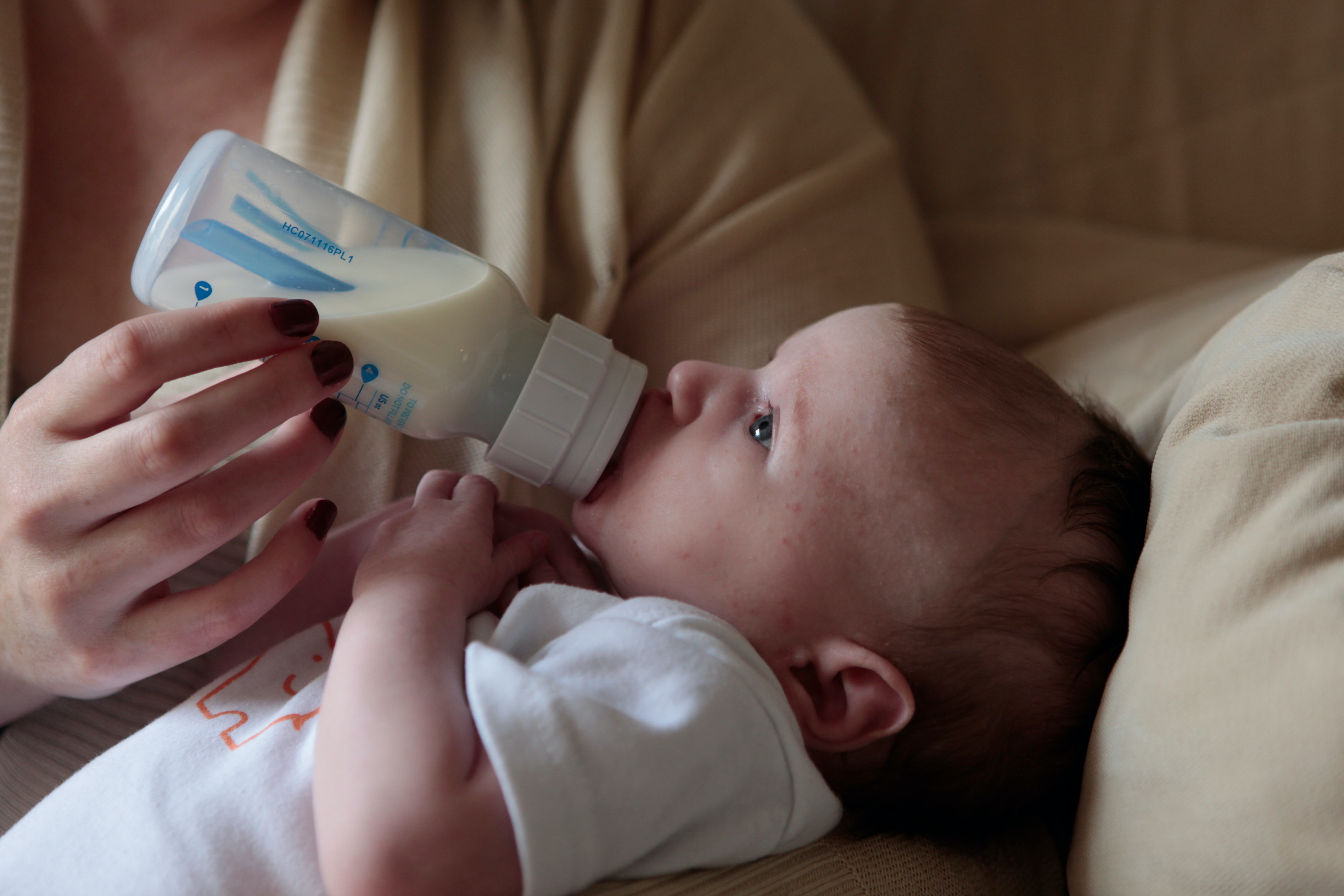News release
From:
Embargoed until 03.01 hrs ET July 7, 2022
Are too many young children drinking specialized formula?
New research published in Clinical and Experimental Allergy reveals that prescriptions of specialized infant formula have increased in recent years in England, Norway, and Australia, with rates over 10-fold what would be expected for the number of children with milk allergies.
Prescribed amounts of specialized formula for infants rose 2.8-fold in England from 2007–2018, with similar trends in other regions of the United Kingdom. Amounts rose 2.2-fold in Norway from 2009–2020 and 3.2-fold in Australia from 2001–2012.
The findings are concerning because specialized formula contains higher levels of sugar, which may promote tooth decay and obesity in young children
“These data suggest high levels of milk allergy over-diagnosis and mark an important shift in early child nutrition,” the authors wrote.



 Australia; International; NSW
Australia; International; NSW



